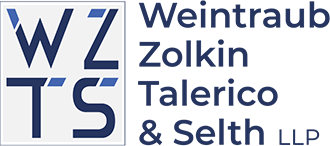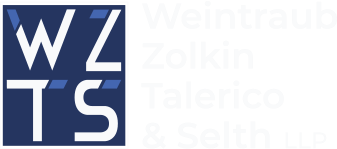Are you facing overwhelming debt and considering bankruptcy as a solution? Understanding the differences between Chapter 7 and Chapter 13 bankruptcy can help you make an informed decision about which option is best suited for your financial situation. In this blog post, we will delve into the key aspects of Chapter 7 and Chapter 13 bankruptcy, providing you with valuable insights to help you navigate through this challenging time.
Chapter 7 Bankruptcy: A Fresh Start
Chapter 7 bankruptcy, also known as liquidation bankruptcy, offers individuals and businesses the opportunity to eliminate most, if not all, of their unsecured debts. Here are some important points to consider:
- Eligibility: Chapter 7 bankruptcy is available to individuals and businesses that meet specific income requirements. To determine your eligibility, consult the official bankruptcy forms provided by the U.S. Courts website.
- Debt Discharge: Filing for Chapter 7 bankruptcy allows for the discharge of unsecured debts, such as credit card bills, medical bills, and personal loans. However, certain debts, such as student loans and child support payments, are generally not dischargeable.
- Asset Liquidation: In Chapter 7 bankruptcy, a bankruptcy trustee may sell non-exempt assets to repay your creditors. However, many individuals are able to retain essential assets through exemptions provided by state or federal law.
Chapter 13 Bankruptcy: A Repayment Plan
If you have a regular income and wish to retain your assets while repaying your debts over time, Chapter 13 bankruptcy may be the right choice for you. Here's what you need to know:
- Eligibility: Unlike Chapter 7, Chapter 13 bankruptcy does not have strict income requirements. However, there are debt limits that you must meet to qualify. Consulting with a knowledgeable bankruptcy attorney can help you determine your eligibility.
- Debt Repayment Plan: Chapter 13 bankruptcy involves creating a repayment plan that spans three to five years. This plan allows you to make affordable monthly payments to your creditors while protecting your assets.
- Debt Discharge: Upon successful completion of the repayment plan, any remaining eligible debts are discharged. This provides you with a fresh financial start while ensuring your creditors receive a fair repayment.
Choosing the Right Path
Deciding between Chapter 7 and Chapter 13 bankruptcy can be challenging. It is crucial to assess your financial situation, future goals, and the impact on your assets before making a decision. Seeking guidance from an experienced bankruptcy attorney is highly recommended to ensure you make the right choice.
At Weintraub Zolkin Talerico & Selth, our team of skilled bankruptcy attorneys specializes in helping individuals and businesses navigate the complexities of bankruptcy law. We understand that every financial situation is unique, and we are committed to providing personalized solutions tailored to your needs.
If you are considering bankruptcy in Los Angeles, CA, contact us today to schedule a consultation. Our dedicated attorneys will guide you through the Chapter 7 vs Chapter 13 decision-making process, helping you achieve a fresh financial start.
Call (310) 220-4147 to get started with a consultation upon request with our Chapter 13 and Chapter 7 bankruptcy attorney.

